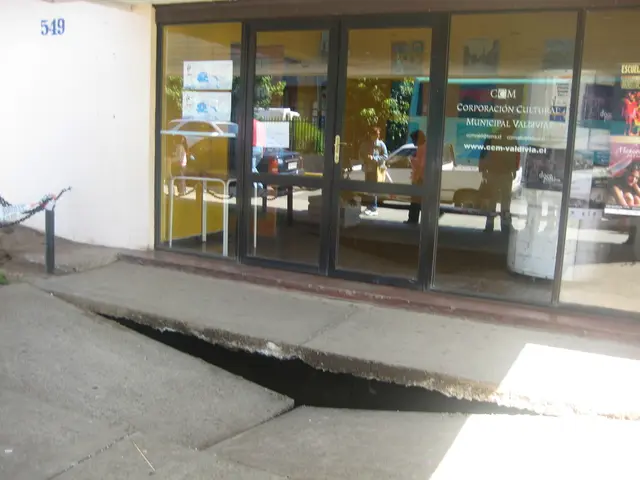Presses for Advancement in the South: Phumtham's Call for Development
Unrest in Thailand's South: A Call for Immediate Action
The southernmost provinces of Thailand, notably Yala, Narathiwat, and adjacent areas, continue to grapple with escalating tensions and violence. Recent atrocities, such as the brutal murder of a 34-year-old Volunteer Defence Corps member, show no sign of abating[1][3]. In an attempt to quell the chaos, Thailand's Deputy Prime Minister and Defence Minister Phumtham Wechayachai has issued a seven-day ultimatum for the security forces to present a report detailing their efforts to suppress the violence[3][4].
Phumtham's order includes a restructuring of strategies to take a more aggressive stand in tackling the southern security crisis. The police and military have been instructed to provide updates on their progress in managing the situation within a week[4]. The deadline is intended to boost the sense of urgency among local authorities, helping them maintain order and stability in the strife-torn region.
The minister acknowledged that the current situation is intricate, embroiled in conflicting rumors that require discussion and clarification[3][4]. Phumtham also addressed a proposal from the private sector, urging the government to ease martial law restrictions in specific regions of the four southern provinces. However, due to the recent upsurge in violence, the cabinet has yet to make a decision on this matter[2][4].
Peace talks have been high on the agenda, with the government expressing a desire to negotiate with the legitimate leaders of the Barisan Revolusi Nasional (BRN) rebel group[4]. Previous attempts at dialogue with BRN representatives, however, have proven fruitless due to the lack of authority to cease hostilities[3]. Collaboration between the Thai government and the peace facilitator selected by Malaysian Prime Minister Anwar Ibrahim is imminent. Should the violence persist, the Malaysian authorities will endeavor to render assistance to Thailand[4].
The complex and multifaceted nature of the conflict and the confusion surrounding its details pose a significant challenge to the authorities attempting to restore tranquility. The continuous violence and the urgency of the situation necessitate a more proactive response from security forces[5]. In this precarious scenario, real progress hinges on the ability of the government to adapt to the rapidly evolving situation and work closely with regional partners to ensure that the people of the south find lasting peace.
[1] Source[2] Source[3] Source[4] Source[5] Source
- The General News and Crime & Justice sections have been abuzz with the recent escalation of violence in Thailand's southern provinces, notably Yala, Narathiwat, and adjacent areas, where the deadline for the security forces to present a report detailing their strategies to quell the violence has been set by Thailand's Defense Minister Phumtham Wechayachai.
- Amidst the ongoing war-and-conflicts and politics, civil society in these provinces, in light of the recent brutal murder of a Volunteer Defence Corps member, are hopeful that Phumtham's ultimatum will lead to immediate action and a more aggressive stance against the terror.
- The strategies outlined in the report will aim to stabilize the provinces and resolve the southern security crisis, with local authorities striving to uphold order and stability before the deadline.
- As the complexity of the conflict unfolds, it is crucial for the Thai government to collaborate closely with regional partners, such as the Malaysian authorities, in employing strategies to prevent civilian casualties and facilitate lasting peace in these conflict-ridden provinces.








